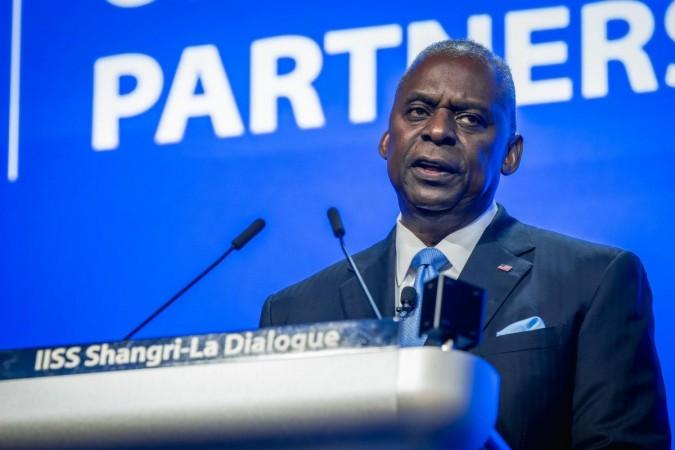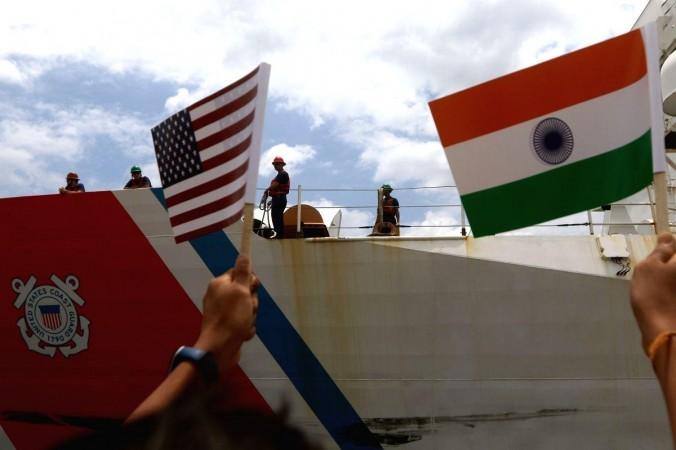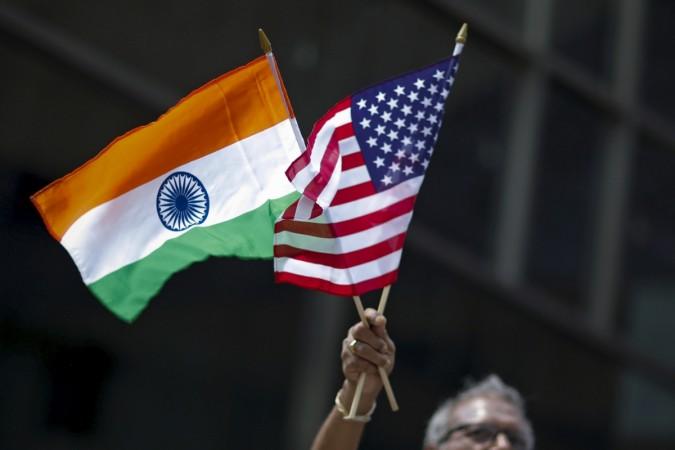
US Defense Secretary Lloyd Austin highlights the deepening defense ties between the US and India, including co-producing fighter-jet engines and armored vehicles. Austin's remarks underscore theUS's commitment to fostering a free and open Indo-Pacific, with India playing a pivotal role in regional security.
Last year, both countries finalized a roadmap for defense industrial cooperation, marking a "transformational moment" in the US-India defense partnership.The partnership contributes to the stability and security of the Indo-Pacific region, with both countries poised to play a crucial role in shaping the region's future.
The deepening defense ties between the United States and India have been underscored by recent remarks from US Defense Secretary Lloyd Austin.Speaking at the Shangri-La Dialogue in Singapore, Austin highlighted the historic progress made in co-producing fighter-jet engines and armored vehicles. This development is a testament to the strengthening defense partnership between the two nations, which has been growing steadily over the years.

Austin's remarks come at a time when the Indo-Pacific region is witnessing a strategic shift. Countries across the region are deepening their ties to counter emerging challenges. The US Defense Secretary's reference to defense agreements with countries like Japan, the Philippines, South Korea, and Australia, in addition to India, underscores the US's commitment to fostering a free and open Indo-Pacific.
The co-production of fighter-jet engines and armored vehicles is a significant milestone in the US-India defense partnership. This not only enhances India's defense capabilities but also contributes to the country's self-reliance in defense manufacturing, a key objective of the Indian government.
Austin referred to India as a flywheel that is going to pick up speed because it benefits all. This metaphor underscores the pivotal role India plays in the regional security architecture and its potential to drive regional cooperation and integration. The US Defense Secretary's assertion that the relationship between the US and India is as good as or better than it has ever been is a testament to the robustness of this partnership.
Last year, Austin's visit to India marked another significant step in strengthening the bilateral defense partnership. Both countries finalized a new roadmap for defense industrial cooperation, which will fast-track technology cooperation and co-production in several areas. This included air combat and land mobility systems; intelligence, surveillance, and reconnaissance; munitions; and the undersea domain.

The development was described by Washington as a transformational moment in the India-US defense partnership. It was seen as a natural next step in the relationship, with the world's largest democracies working more closely together on strategic technologies for security.
The officials from both countries are now engaged in co-producing and co-developing major systems together, something that was unthinkable in the past. This includes working groups on everything from cyberspace and critical technologies to maritime security, with India leading in these forums together with the US and like-minded partners.
As the strategic landscape continues to evolve, the US and India are poised to play a crucial role in shaping the region's future. The partnership is not only beneficial for the two countries but also contributes to the stability and security of the Indo-Pacific region.
In conclusion, the US-India defense partnership is stronger than ever before, with both countries making historic progress in defense cooperation. The partnership is not only beneficial for the two countries but also contributes to the stability and security of the Indo-Pacific region. As the strategic landscape continues to evolve, the US and India are poised to play a crucial role in shaping the region's future. The strength of this partnership is a testament to the shared vision and commitment of both nations towards maintaining regional stability and security.

















